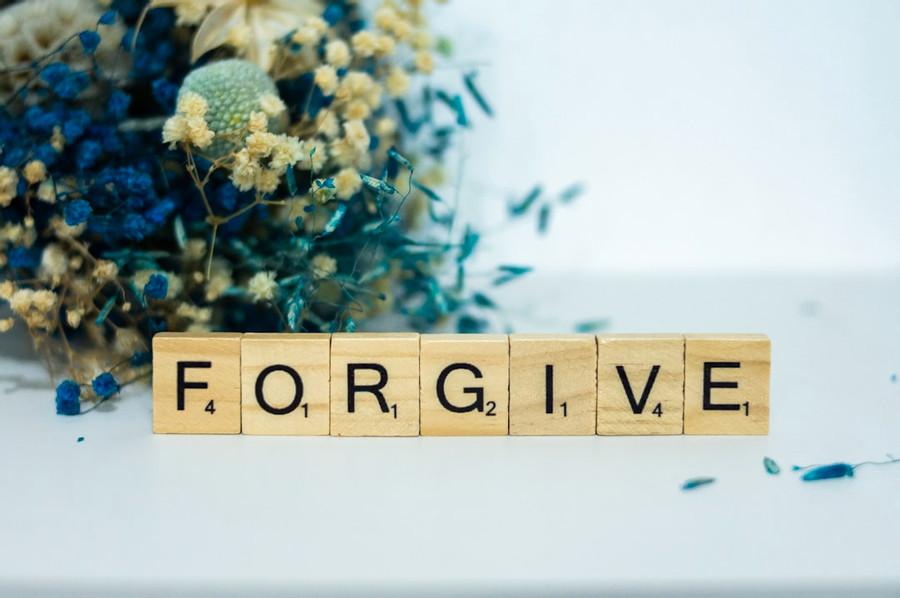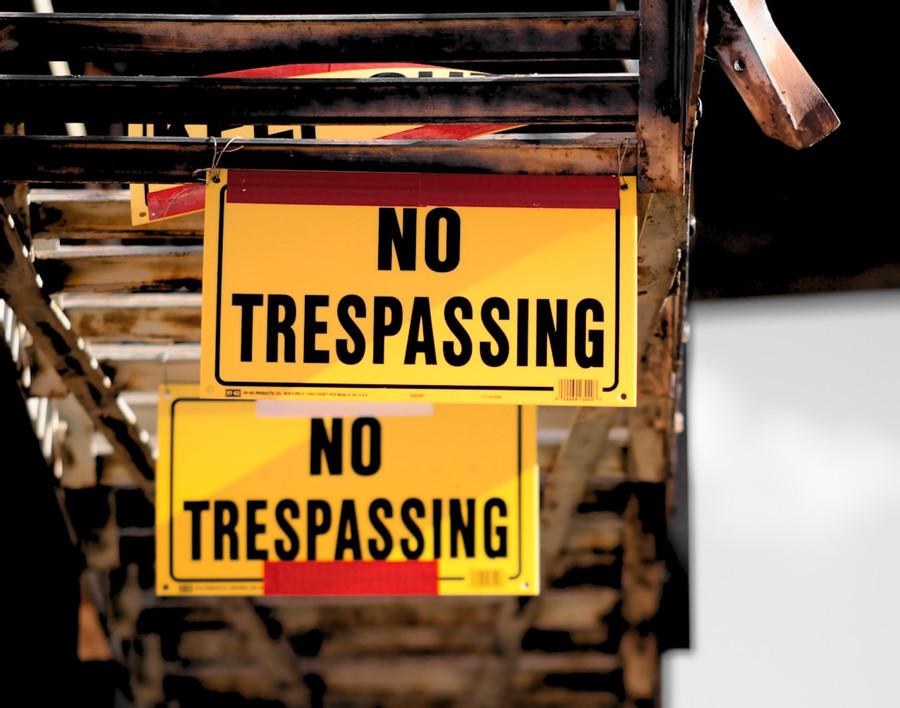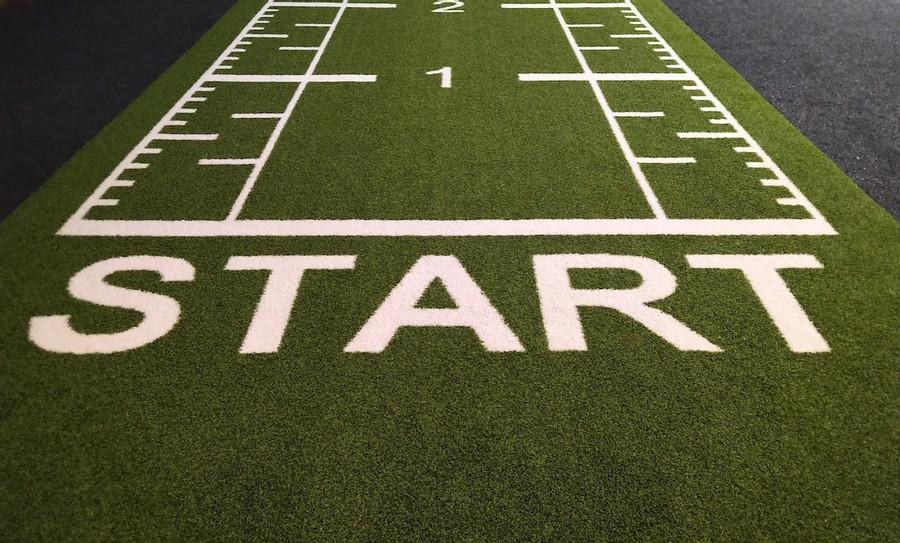How To Trust People Again If You've Been Hurt
Curated from: lifehack.org
Ideas, facts & insights covering these topics:
10 ideas
·2.26K reads
15
2
Explore the World's Best Ideas
Join today and uncover 100+ curated journeys from 50+ topics. Unlock access to our mobile app with extensive features.
Ask Yourself First
Moving forward can understandably feel difficult. The only person who can decide if moving forward is in your best interest is you.
Ask yourself these questions:
“Did this person deliberately betray my trust?”
“Did this person admit their mistake, or did I find out from someone else?”
“Is the indiscretion in question unforgivable?”
Your answers to these questions will determine your path forward.
53
416 reads
Only You Can Choose to Forgive and Move Forward
If you’ve decided to work toward forgiving the person who wronged you, understand that forgiveness comes from within. People make mistakes. While we’re all human, that mantra in and of itself does not mean they deserve a second chance.
Consider if this person has betrayed your trust before. Has this become an alarming pattern of behaviour, or is this the first time in your relationship that they’ve broken your trust?
Once you consider the context of the indiscretion in question, you can make an evidence-based decision that you have full confidence in.
48
295 reads
Put Yourself First
While we should all always put ourselves first, oftentimes after being hurt by someone we love or care about, only then do we come to realize we have been putting the needs of others before our own. Take this time of clarity to mend the most important relationship of all: the relationship you have with yourself.
Recognize the insecurities you may have struggled with and ignored in order to focus on another person. Work through those insecurities.
50
267 reads
Communicate Your Expectations
It’s important to communicate what expectations you have of your relationships with others.
For anyone who has broken your trust, communicate what your expectations are of them moving forward. Let them know your trust in them is broken and that you need time to heal. Explain what they did to break your trust and what they can do to regain it.
When you communicate your expectations with others and they fail to meet those expectations, you have the answer you need.
50
245 reads
Set Clear Boundaries
Setting boundaries is important with any relationship, including your relationship with yourself.
Communicate your boundaries with the person who has broken your trust. Let them know the behaviours you will not tolerate, like lying or not telling the complete truth. Then, hold yourself accountable to stick to those boundaries that you set.
Don’t allow yourself to be manipulated by the person and end up in an endless cycle of forgiving the same indiscretions over and over again. Once you decide upon your boundaries, stick to them.
50
209 reads
Realize That Rebuilding Trust Takes Time
Don’t allow anyone to tell you that you just need to “get over it.” Those people do not have your best interest at heart, or they are not sure how to build good boundaries in their own lives.
Take all of the time you need to rebuild your trust, either with that person or with people overall moving forward. You may need more time to come to terms with their pain, and that’s okay.
Communicate with the specific person and anyone in the future that they need to respect your space and allow you the time to work through rebuilding trust. The right people will respect that.
47
176 reads
Recognize Your Triggers and Be Honest About Them
Communicating your triggers will help you to become more comfortable with the uncomfortable and help you along your journey to healing with any future relationships you might have.
Even if the person did nothing wrong per se, communicating with them that what they said or did was upsetting for you will help the two of you work toward more open and honest communication and avoid future missteps. And they will know why you may have reacted the way you did and how to remain true to themselves while also avoiding the words or actions that you’d like for them to avoid in the future.
53
165 reads
Speak to a Licensed Therapist
Talk therapy, also known as Cognitive Behavioral Therapy (CBT), can provide you with actionable solutions to address the root cause of the lack of trust you have in others. Speaking to a professional can help you on your journey as you begin to heal from the trauma of being hurt by someone you love or care about.
44
150 reads
People’s Actions Will Tell You What You Need to Know
When you’re learning to trust people again, you may be very hesitant and at times overly cautious. While it can be easy to listen to the words of others and trust that they’ve changed and that they won’t hurt you the same way again, watch their actions for change.
Are they sliding back into their old habits? Are they listening to you when you communicate your triggers with them? People’s actions will tell you everything you need to know about trusting them. Believe them.
44
161 reads
Commit to Starting Fresh, Whatever That Looks Like for You
Many people will tell you that starting fresh means starting over and that you should forgive and forget. However, no one but you will understand the journey you’re going on to trust people again.
Starting fresh can look like many different scenarios: cutting off certain people in your life even if just for a time, forgiving the person who wronged you while moving forward with clear and established boundaries, or a combination of the two. All are completely valid paths to starting over with a clean slate.
46
181 reads
IDEAS CURATED BY
Christine Smith's ideas are part of this journey:
Learn more about communication with this collection
How to overcome unwanted thoughts
How to manage intrusive thoughts
How to change your attitude towards intrusive thoughts
Related collections
Similar ideas
9 ideas
The Lost Art Of Apologizing (And How To Do It Right Every Time)
mindbodygreen.com
14 ideas
10 Ways To Build Trust in a Relationship
positivepsychology.com
17 ideas
6 Ways to Build Trust in Yourself
healthline.com
Read & Learn
20x Faster
without
deepstash
with
deepstash
with
deepstash
Personalized microlearning
—
100+ Learning Journeys
—
Access to 200,000+ ideas
—
Access to the mobile app
—
Unlimited idea saving
—
—
Unlimited history
—
—
Unlimited listening to ideas
—
—
Downloading & offline access
—
—
Supercharge your mind with one idea per day
Enter your email and spend 1 minute every day to learn something new.
I agree to receive email updates










